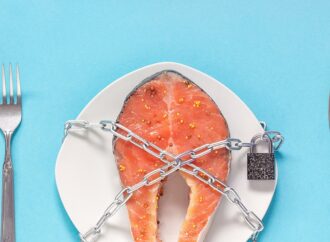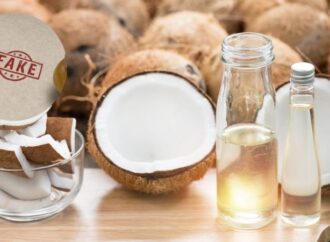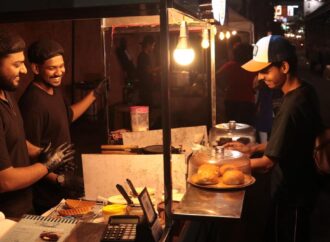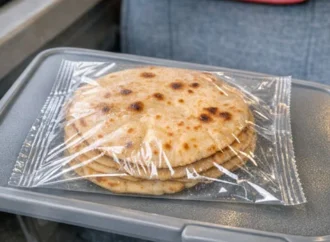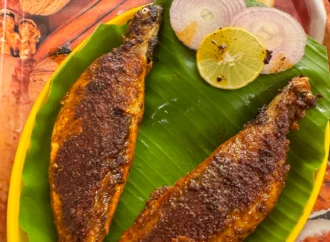Overview
The GST Council, led by Finance Minister Nirmala Sitharaman, has classified cold drinks, iced teas, energy beverages, and other sugary beverages under the 40% “sin goods” slab, effective September 22. The move aims to reduce sugar consumption, a major contributor to lifestyle diseases. Meanwhile, traditional Indian sweets like gulab jamun, rasgulla, kaju katli, and halwa now attract only 5% GST, along with essential foods such as cereals, ghee, butter, jams, milk-based beverages, sugar cubes, and sugar confectionery.
Experts Flag Policy Inconsistencies
Health experts welcomed the tax hike on fizzy drinks but questioned why sweets, which often contain equal or more sugar, were exempted. Nutritionist Vineeta Bala said, “A single gulab jamun can have more sugar than a cold drink. Your pancreas doesn’t care about culture — sugar is sugar.” With India facing 101 million people with diabetes and another 136 million pre-diabetic, sparing sweets undermines the public health rationale behind taxing sugary beverages.
Food Safety Beyond Contamination
Experts stressed that food safety includes nutritional risks, not just adulteration. Dr. S. Sudarshan Reddy said, “Refined sugar drives today’s addiction and harms metabolic health as much as tobacco. Taxing cola but sparing mithai shows selective regulation.” Analysts noted that cultural sentiment influences policy: cold drinks, seen as Western, are easy to target, while traditional sweets are deeply tied to rituals, festivals, and family traditions. Political resistance prevents taxing mithai.
Public Health Implications
The World Health Organisation recommends limiting free sugar intake to below 10% of total calories, ideally under 5% for additional health benefits. Experts call for uniform sugar taxation, mandatory front-of-pack sugar warnings, and support for low-sugar alternatives. They warn that without these measures, the GST hike may be symbolic rather than systemic.
Conclusion
The 40% GST hike on sugary beverages is a step toward improving nutritional safety, but exempting sugar-rich sweets highlights a gap in India’s food safety policy. Policymakers must treat beverages and sweets consistently to curb sugar-driven health risks and tackle the country’s growing lifestyle disease burden.
Source: India Today
 Food Manifest
Food Manifest 
